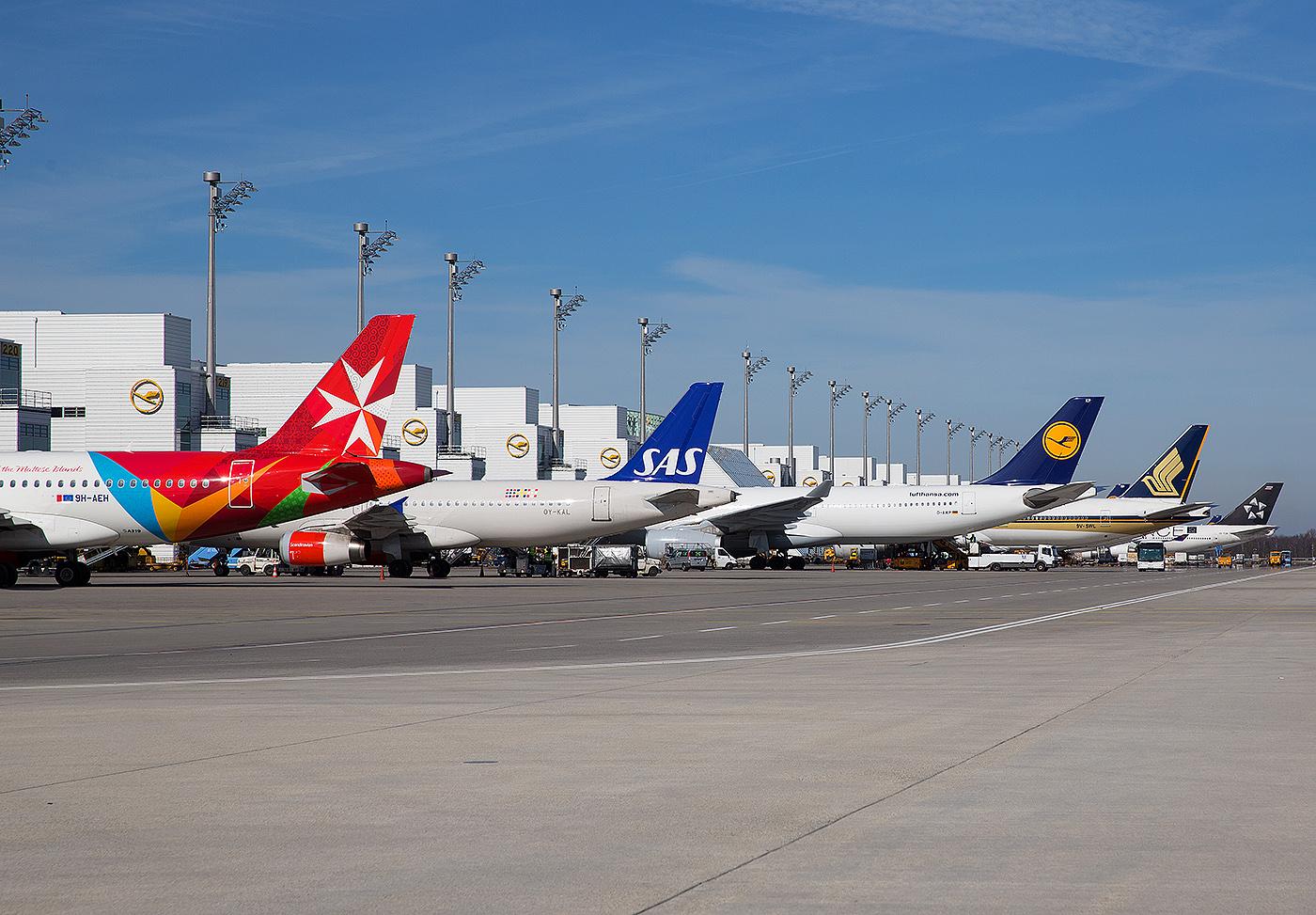
IATA is pushing for broad adoption of travel vouchers in place of requiring airlines to refund passengers when flights are canceled during the COVID-19 crisis.
IATA warned that the refunds are a potential liability for the industry of up to $35 billion in the second quarter alone. If all customers were to use the refund option in that time, the industry would burn up to $61 billion in cash within the next three months.
IATA director general and CEO Alexandre de Juniac said that he is “fully conscious of the inconvenience” the introduction of vouchers would mean as customers would not get their money back, at least in the short term. “But for us it is a matter of survival,” he said.
According to IATA, Brazil, Canada, Colombia and the Netherlands have all agreed to allow vouchers in lieu of cash, but many other countries have not, including most in the European Union. In the U.S., refund conditions already differ greatly among carriers and depend on ticket class and destination.
“Travel and tourism is essentially shut down in an extraordinary and unprecedented situation,” de Juniac said. “Airlines need working capital to sustain their businesses through the extreme volatility.” De Juniac suggested that, as an alternative, refund requirements could also be suspended for an extended period of up to 18 months to give airlines more time to shore up their cash reserves.
IATA expects the industry as a whole to lose $39 billion in the second quarter, down from a $7 billion profit in the same period a year earlier. Revenues for the quarter will be down 68% (and 38% for the full year) according to the latest estimates. For the quarter, IATA expects the industry to reduce capital expenditure including for new aircraft from $17 billion in 2019 to zero, meaning Airbus and Boeing are unlikely to find airline customers willing to accept aircraft in the next three months. And de Juniac believes no airline will be ready to buy new or used aircraft “in the next six to nine months.” He said that “the light we see is an open attitude [by governments] to put together economic stimulus and rescue packages.”
IATA chief economist Brian Pearce believes the economic recovery “will come in the fourth quarter at the earliest, possibly only in 2021.” With the average airline’s cash position sufficient for them to survive for two months, the recovery could therefore come much too late if they cannot find additional sources of funding. The rebound in 2021 should be “strong,” Pearce predicts, followed by more moderate growth in subsequent years.





